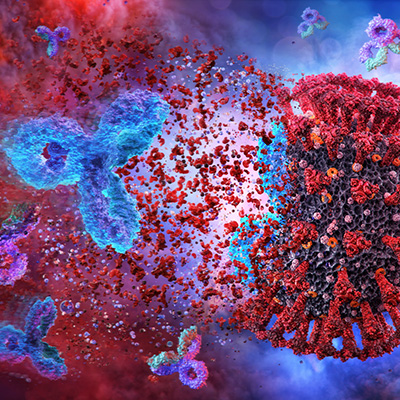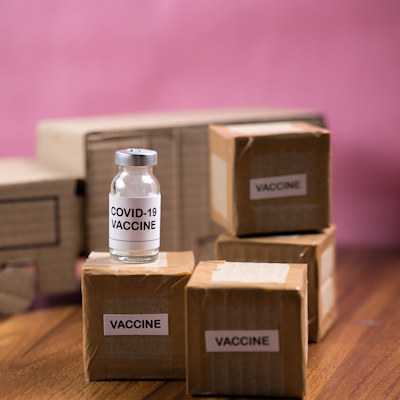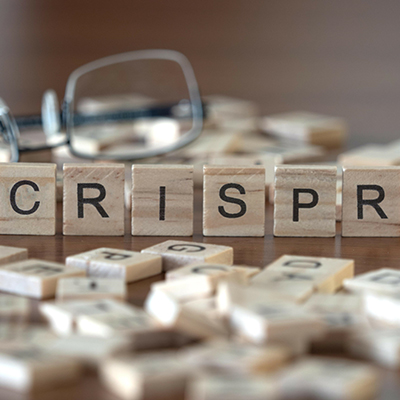April 14, 2023 -- A plasmid DNA vaccine designed to trigger a T-cell response has protected most mice from a lethal dose of SARS-CoV-2, delivering preliminary evidence that the candidate may provide broader, more durable responses than existing COVID-19 shots.
The current arsenal of COVID-19 vaccines trigger the production of neutralizing antibodies against the SARS-CoV-2 spike protein. Such vaccines are estimated to have saved tens of millions of lives, but they have some limitations. As the spike protein mutates, the vaccines can become less effective, as happened when omicron emerged, and their focus on antibody response limits durability.
Searching for a better vaccine, Evaxion Biotech applied its computational platform to the proteome of SARS-CoV-2. A process involving deep learning-based prediction identified 17 epitopes from SARS-CoV-2 proteins that are recognized by the immune system.
Writing in Frontiers in Immunology, researchers at Evaxion and Pennsylvania State University describe the design of a poly-epitope construct with 17 vaccine-encoded T-cell hotspots. In vivo testing showed that vaccinated mice had T-cell reactivity toward 15 of the 17 vaccine-encoded hotspots.
Building on these findings, the collaborators ran a live viral challenge with SARS-CoV-2 to assess the ability of the vaccine to protect mice from lethal doses of the virus. The researchers administered the vaccine or an empty DNA vector containing no T-cell antigens to 16 mice once a week for five weeks. Approved vaccines are given to humans in a two-dose regimen.
After being exposed to a lethal dose of SARS-CoV-2, one of the eight vaccinated mice died. Seven of the eight mock-vaccinated mice died. Analysis of the lungs of the mice indicated that immune cells infiltrated the organ in the vaccinated, but not the unvaccinated, mice.
The study lacks a comparison to approved vaccines, but the researchers see the data as supportive of the idea that the T-cell approach may have benefits. In a statement, Girish Kirimanjeswara, associate professor of veterinary and biomedical sciences at Penn State, set out why the first vaccines targeted a single B-cell antigen, and why there may now be an opportunity for an alternative approach.
"It's harder and takes longer to produce a T-cell-based vaccine than an antibody-based one," said Kirimanjeswara. "Given the urgency with which we needed a vaccine to address the COVID-19 pandemic, it makes sense that vaccine manufacturers created an antibody-based vaccine. Now that the urgency has passed, a second-generation T-cell-based vaccine could be more effective and last longer."
Copyright © 2023 scienceboard.net











